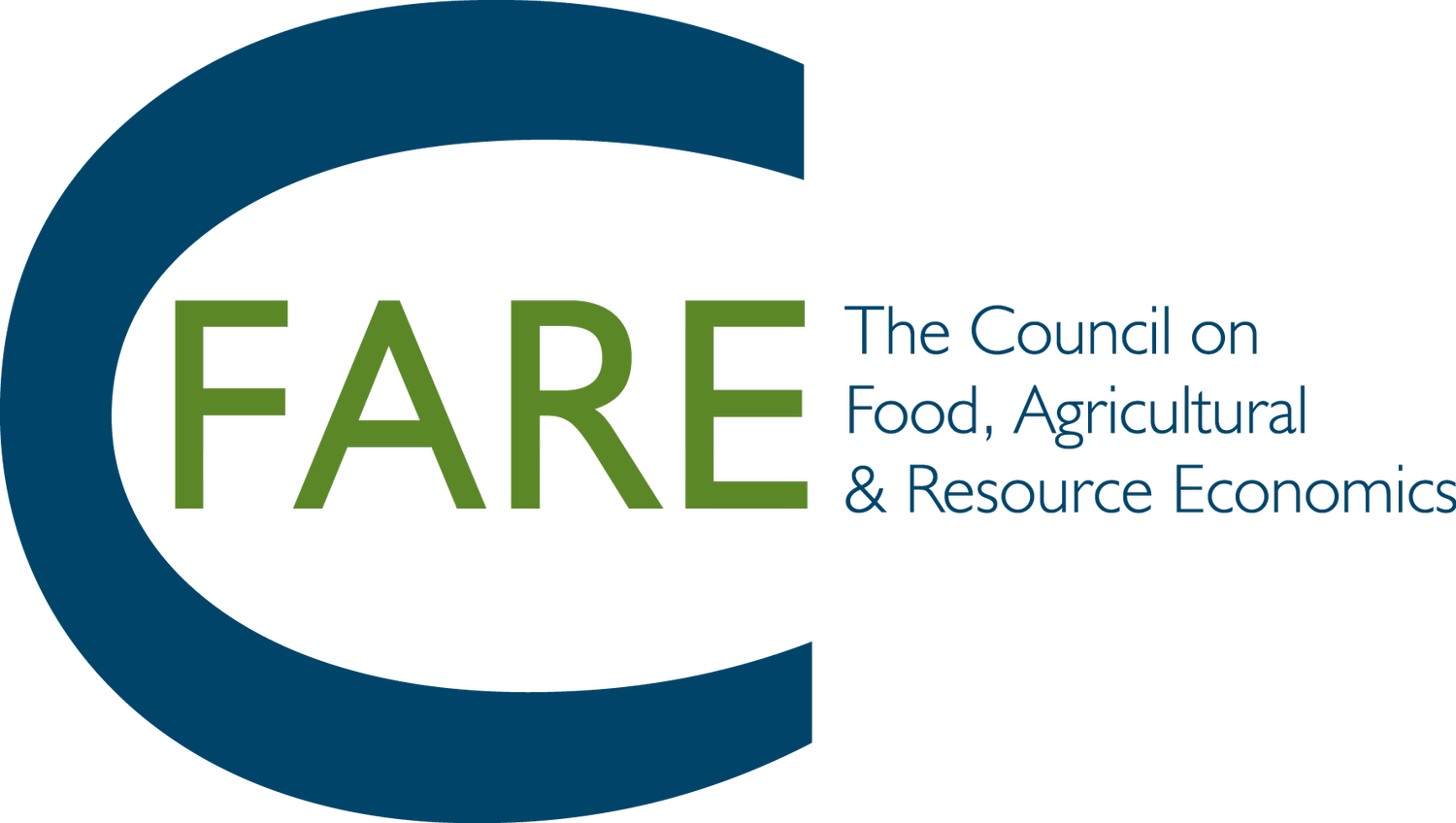The Black Sea Grain Initiative and the Uncharted Waters of Food Security
Market Corner by David Ortega, C-FARE Board Member and Professor at Michigan State University
The Black Sea Grain Initiative, a pact brokered to safeguard the flow of food commodities from Ukraine, finds itself at a crossroads, and the implications resonate globally. As the world grapples with the aftermath of Russia's invasion of Ukraine, which disrupted maritime grain shipments from the Black Sea region, the future of this initiative remains uncertain.
The initiative, brokered between Russia, Ukraine, Turkey, and the United Nations, was designed to ensure the safe passage of vessels transporting commercial food and agricultural exports from key Ukrainian ports along the Black Sea. Its significance lies in its role as a lifeline for world food security. Russia's withdrawal from the agreement has raised concerns and questions about what's next.
Russia's rationale for pulling out of the deal centers on its claim of being unable to export its own foodstuff due to Western sanctions, which, while not directly targeting agricultural products, have prevented shipping companies, banks and insurers from engaging with its agricultural sector. United States Secretary of State Antony Blinken has accused Russia of “weaponizing food, using it as a tool, as a weapon in its war against Ukraine.”
Ukraine, often referred to as the "breadbasket of Europe," together with Russia supplies a quarter of the world's wheat and three-fourths of the world's sunflower oil, a crucial ingredient in the production of numerous processed food products. Ukraine alone accounts for half of the global market for sunflower oil. This region's significance in the global commodity market cannot be overstated.
The suspension of the Black Sea Grain Initiative poses a threat to global food prices and world hunger. Countries in North Africa and the Middle East, heavily reliant on this region for cereals and grains, are particularly vulnerable. Last year, the invasion of Ukraine led to record-high global commodity food prices, further compounding the effects of the covid-19 pandemic and agri-food supply chain disruptions.
The main challenge on the horizon is ensuring the safe transport of grain and food commodities out of the region and into the world market. This challenge is crucial in preventing a worsening food crisis that disproportionately affects lower-income countries. The crux of the issue lies not in the quantity of food (we produce more than enough food in the world) but in its accessibility and affordability.
While Ukraine has sought alternative routes for grain exports, such as the Danube River and rail transportation through Europe, these options are more costly. Recent attacks on Danube ports by Russia have created uncertainty, potentially rendering these routes untenable. If these alternatives become unviable, global commodity prices could rise, impacting countries that depend on the region for their food security. Furthermore, the ongoing conflict is discouraging Ukrainian farmers from planting more grain, leading to a production deficit that will necessitate other regions to fill the gap, further driving up costs.
The path forward remains uncertain. As stakeholders grapple with geopolitical complexities and shifting dynamics, it is imperative that a concerted international effort be made to safeguard global food security. The Black Sea Grain Initiative, in its uncertain future, serves as a stark reminder that global food security remains a shared responsibility that transcends borders and politics.
